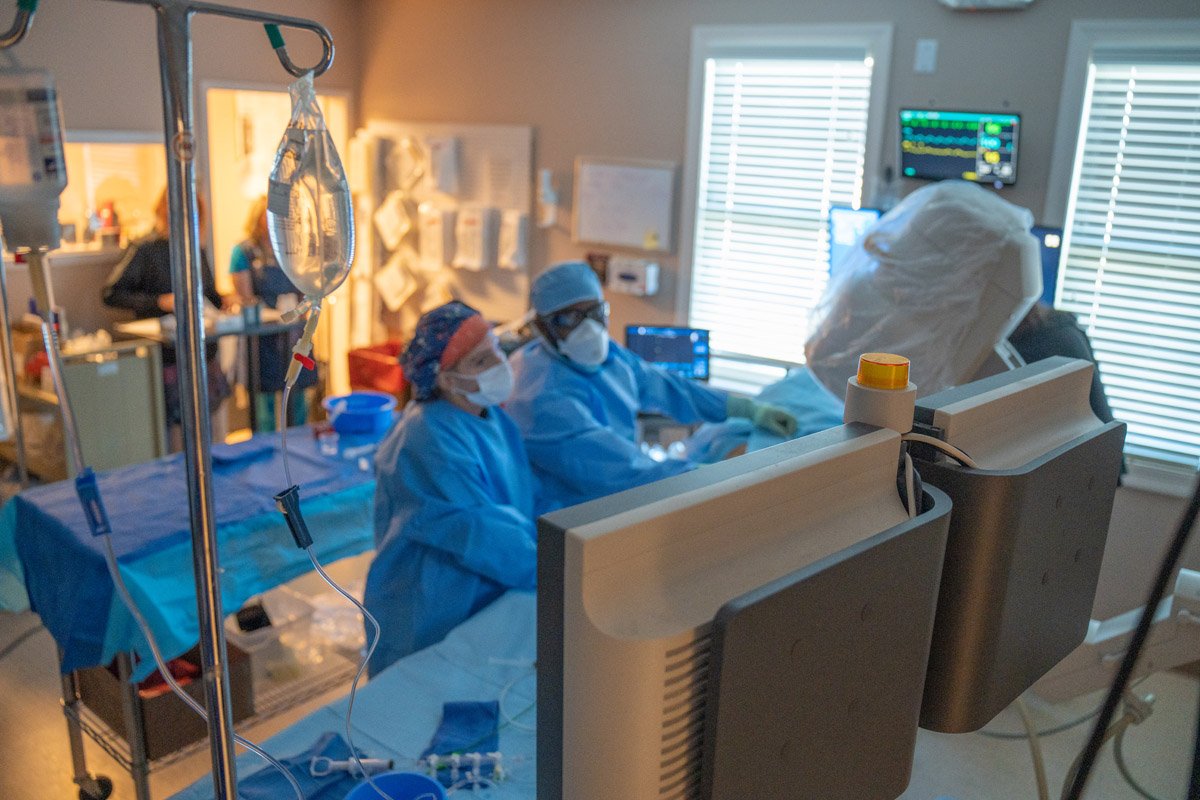Heart Attack Diagnosis and Treatment
How Do I Know if a Heart Attack Has Occurred?
A healthcare provider can diagnose a heart attack based on several assessment findings …
The patient’s complete medical history
A physical examination
An electrocardiogram to discover any abnormalities caused by damage to the heart
Blood testing to detect abnormal levels of certain enzymes in the bloodstream
Heart Attack: A Warning of Heart Disease
Although you may have warning signs prior to a heart attack, the heart attack itself may be your first symptom of the underlying problem: cardiovascular disease.
To diagnose heart conditions, heart attack patients may be asked to undergo a number of tests and procedures. These invasive or noninvasive evaluations help the doctor determine whether or not a heart attack occurred, how much your heart was damaged, and what type of cardiovascular disease you might be experiencing.
Likely Procedures
If you’ve had a heart attack, you may have already undergone certain procedures to help you survive the heart attack and diagnose the underlying cardiovascular condition:
Thrombolysis - Many heart attack patients have undergone thrombolysis, a procedure that involves injecting a clot-dissolving agent to restore blood flow in a coronary artery. This procedure is administered within a few hours of a heart attack.
Coronary angioplasty or coronary artery bypass graft surgery (CABG) - If thrombolysis treatment is not performed immediately after a heart attack, many patients will need to undergo coronary angioplasty, also known as coronary artery bypass graft surgery (CABG), to improve blood supply to your heart muscles.
Heart attacks can be the first step in identifying and improving cardiovascular problems. To schedule a consultation to identify potential issues as well as learn more about available treatment options, contact Heart & Vascular Center of West Tennessee today.


